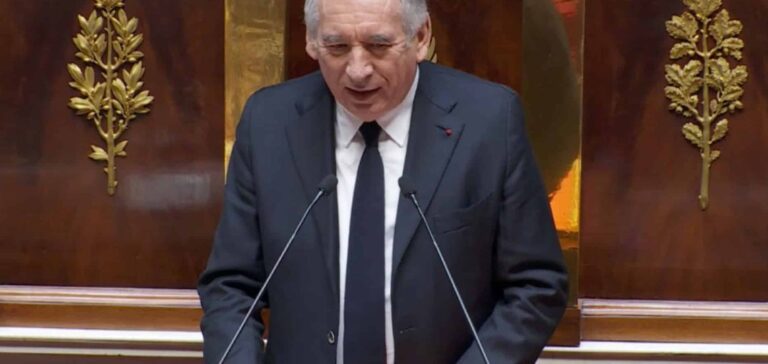François Bayrou, Premier ministre, a proposé l’organisation d’un débat au Parlement « dans les prochaines semaines » concernant la troisième Programmation pluriannuelle de l’énergie (PPE3). Ce débat, prévu sans vote conformément à l’article 50-1 de la Constitution française, porterait sur les grandes orientations de la politique énergétique nationale pour la période 2025-2035. L’initiative intervient alors que le Rassemblement national laisse planer la menace d’une motion de censure si le gouvernement décide d’adopter la PPE par décret, sans consultation parlementaire.
Un calendrier resserré et des tensions politiques croissantes
L’entourage de François Bayrou a confirmé le 2 avril que la PPE3 est actuellement en phase de consultation jusqu’au 5 avril, après quoi le décret gouvernemental pourrait être publié. La date du débat parlementaire reste à confirmer, et aucune indication n’a été donnée sur la possibilité que le décret paraisse avant ou après ce débat. Une proposition de loi du sénateur Les Républicains (LR) Daniel Gremillet, visant à encadrer la programmation énergétique, doit également être inscrite à l’ordre du jour d’ici la fin de la session parlementaire, prévue avant l’été.
Les oppositions politiques s’intensifient autour du texte. À la mi-mars, plus de 160 sénateurs de droite et du centre ont appelé le Premier ministre à suspendre la publication du décret, dénonçant un manque de vision stratégique à long terme. La présidente du groupe Rassemblement national à l’Assemblée nationale, Marine Le Pen, a exigé que la PPE fasse l’objet d’un débat suivi d’un vote, estimant qu’une adoption par décret constituerait une manœuvre inacceptable.
Appels à une trajectoire énergétique plus étendue
Le ministre de l’Industrie, Marc Ferracci, a défendu la légitimité de la procédure gouvernementale, rappelant que la PPE est soumise à consultation publique depuis quatre ans. Il s’est déclaré favorable à un débat assorti d’un vote au Parlement, tout en critiquant le positionnement du Rassemblement national sur les énergies renouvelables.
Le 1er avril, plusieurs parlementaires de droite et du centre, soutenus par d’anciens dirigeants du secteur de l’énergie, ont à leur tour réclamé une suspension de la publication de la PPE. Ces derniers ont plaidé pour une trajectoire énergétique pensée sur soixante ans, dépassant ainsi les bornes de la PPE actuelle. Le contenu du décret final dépendra des retours obtenus durant la consultation en cours.






















